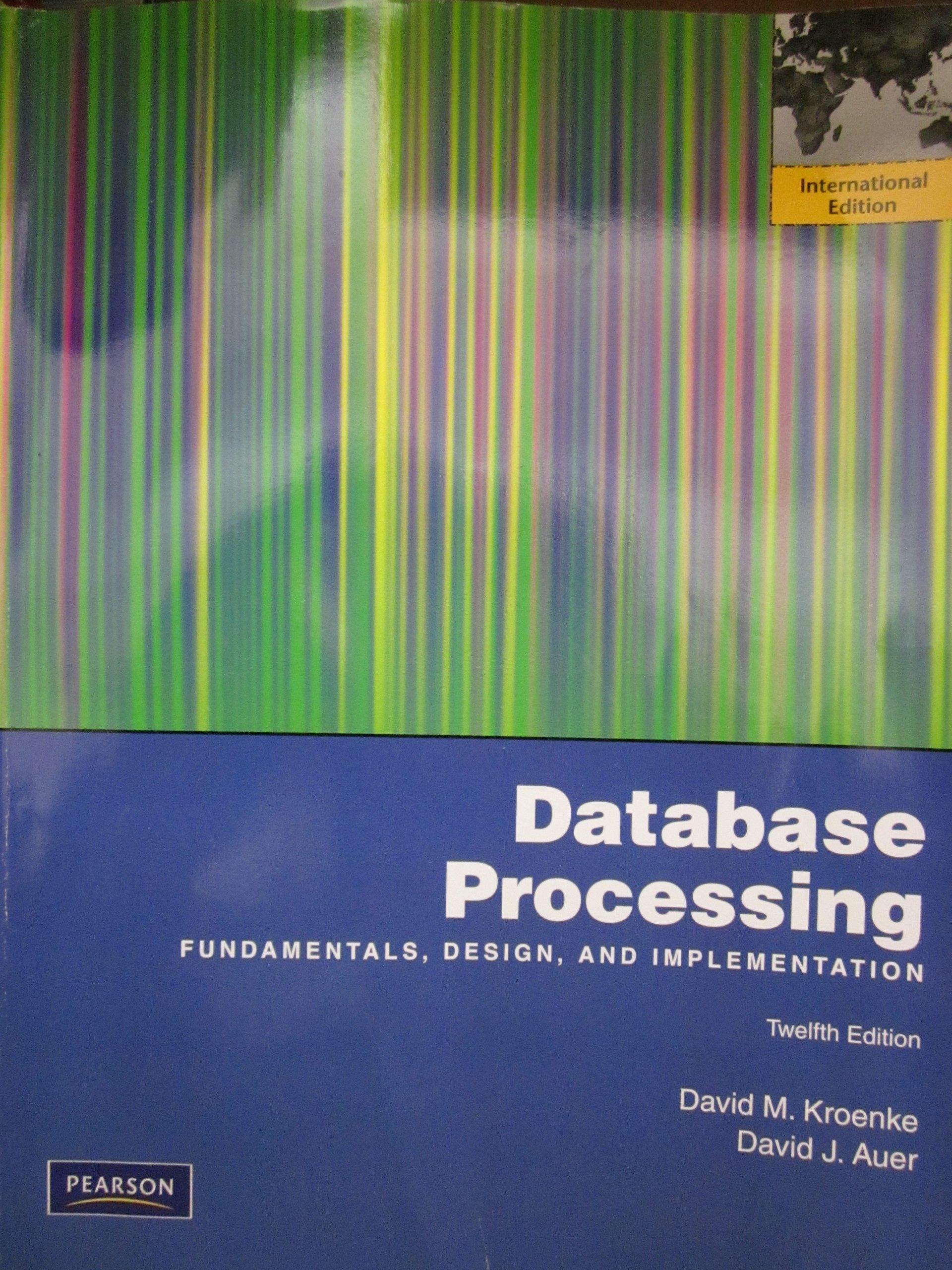Answered step by step
Verified Expert Solution
Question
1 Approved Answer
While utilitarianism focuses on consequences, Kantian ethics prioritize universal moral principles, or categorical imperatives. So , how does this deontological approach navigate the murky waters
While utilitarianism focuses on consequences, Kantian ethics prioritize universal moral principles, or "categorical imperatives." So how does this deontological approach navigate the murky waters of computer science ethics?
Here's the conundrum:
Respect for persons: Kantian ethics demand treating everyone with inherent dignity and autonomy. But do algorithms that categorize and influence human behavior always uphold this principle? For example, could targeted advertising exploit vulnerabilities instead of respecting individual choices?
Universalizability: Kant argues we should act only in ways that could become universal laws. Can this be applied to complex algorithms whose impact varies greatly depending on context? Does the "one size fits all" approach of universal laws translate effectively to the nuanced world of technology?
Good intentions vs outcomes: Unlike utilitarianism, Kant emphasizes acting according to duty, regardless of consequences. In computer science, does this mean prioritizing transparency and fairness in algorithms even if it compromises efficiency or societal benefit?
Exploring these questions can be challenging. While Kantian ethics provide a strong foundation for respecting individual rights and autonomy, adapting it to the constantly evolving landscape of technology requires careful consideration.
What are your thoughts? How can Kantian principles guide ethical decisionmaking in computer science
Step by Step Solution
There are 3 Steps involved in it
Step: 1

Get Instant Access to Expert-Tailored Solutions
See step-by-step solutions with expert insights and AI powered tools for academic success
Step: 2

Step: 3

Ace Your Homework with AI
Get the answers you need in no time with our AI-driven, step-by-step assistance
Get Started


